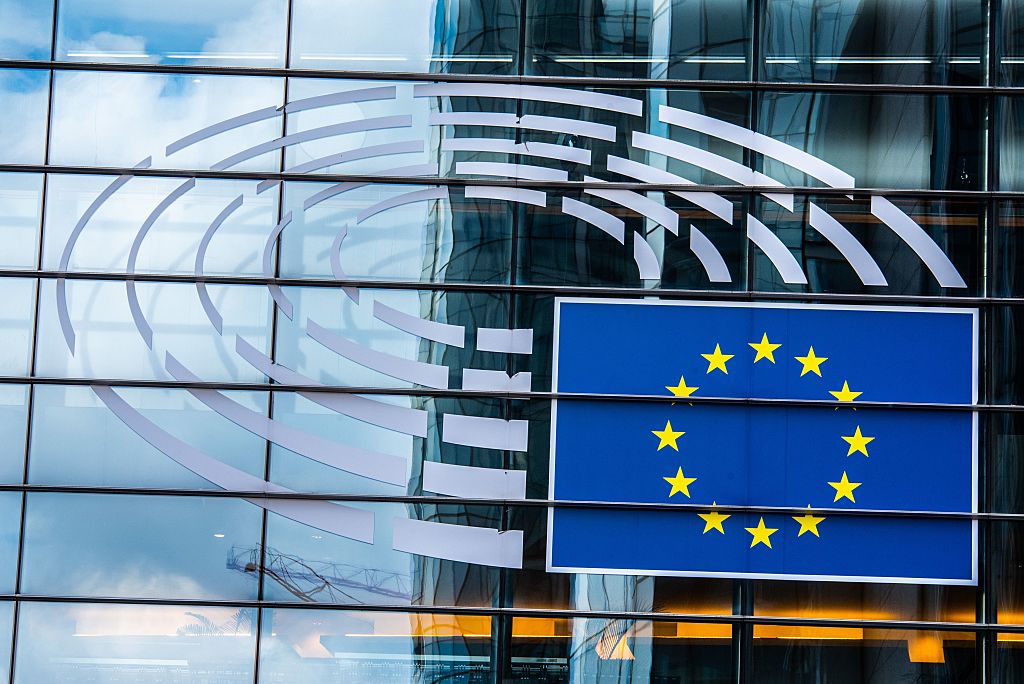The European Parliament’s budget committee is manoeuvring to lead on all the major files related to the bloc’s next long-term spending plan, setting the stage for an all-or-nothing fight among MEPs over control of the €2 trillion financial blueprint.
The Commission’s 2028-2034 proposal spans virtually all policy areas, but boils down to a handful of large files now sought by a dozen parliamentary committees. The various chairs met this week to carve up the next Multiannual Financial Framework (MFF) between them, but talks among political groups remain stalled, several parliamentary officials told Euractiv.
The budget committee, or BUDG, chaired by the centre-right European People’s Party (EPP), wants to co-lead on the three MFF flagship files – the national plans, the European Competitiveness Fund, and the Global Europe Fund, the officials told Euractiv.
BUDG officials argue they need control to ensure consistency. Other committees, however, oppose letting BUDG dictate their policy areas.
Who wants what
The most explosive file is the national plans, which would channel half the budget to farmers and regions. Anywhere from six to ten committees may stake claims, including REGI (regional policy), AGRI (agriculture), ECON (economy), PECH (fisheries), EMPL (employment), and BUDG.
For the mega Competitiveness Fund, the industrial committee (ITRE) is a natural choice, yet at least SEDE (defence), ECON, ENVI (environment), and BUDG are lining up.
Meanwhile, the €200 billion foreign policy fund seems easier to split up, with mainly foreign affairs (AFET) and development (DEVE) committees joining BUDG’s bid.
MEPs brand von der Leyen’s EU budget ‘re-nationalisation’
The Commission’s proposal to radically centralise the next EU budget is “non-European, not transparent, and…
2 minutes

System clash
The turf war is also sharpened by Parliament’s recent rules overhaul.
Previously, committees could hold “exclusive competencies,” giving them final say over parts of a file without leading it. Now, unless a committee is the lead, its role is reduced to issuing opinions with no binding effect.
“For huge files like the [national plans], the new system is a challenge,” MEP Damian Boeselager, who negotiated the changes for the Greens, told Euractiv.
“I am very much open to reforms, but I am not sure whether this was the smartest one,” he added, conceding that this file would have been difficult for any system to handle.
If sidelined committees refuse to back down, Parliament may have no choice but to turn to a dreaded special committee, a body that temporarily brings together more than three committees to manage a cross-cutting file.
In practice, the idea is loathed. Such bodies are “slow,” “burdensome,” and “too complex,” parliament budget co-lead and EPP Vice-President Siegfried Mureșan said.
Without that option, MEPs will have to rely on goodwill from their colleagues in charge. “Hopefully, [proposed amendments] are taken a little more seriously,” Boeselager added.
The final decision lies with the Conference of Presidents, the body comprising the heads of the political groups and President Roberta Metsola, and could be announced on 9 October.
(mm, jp)
